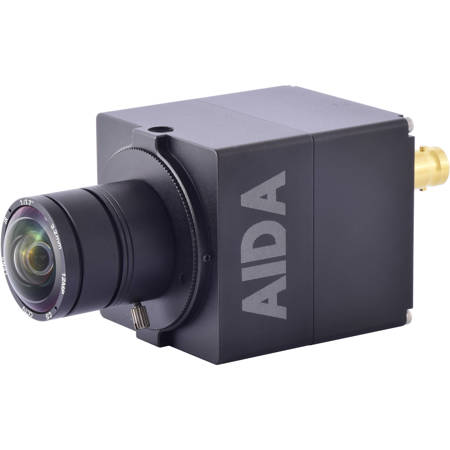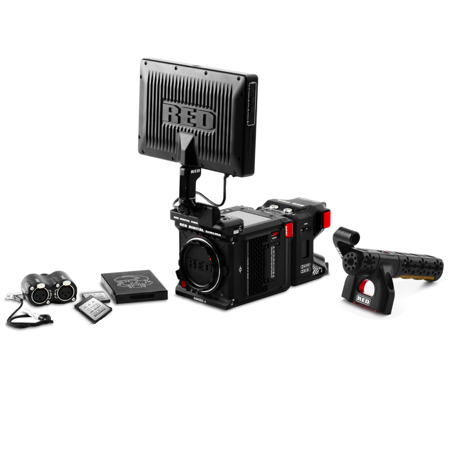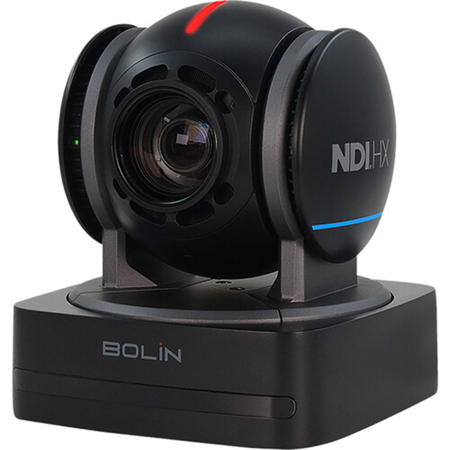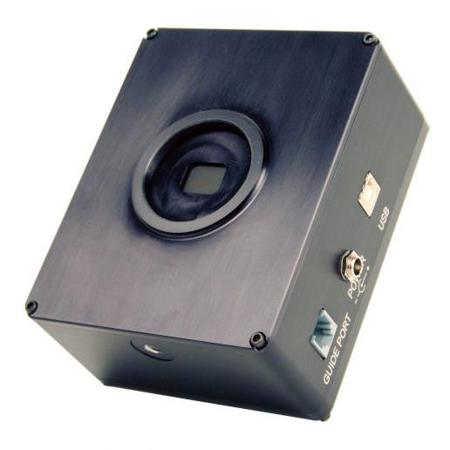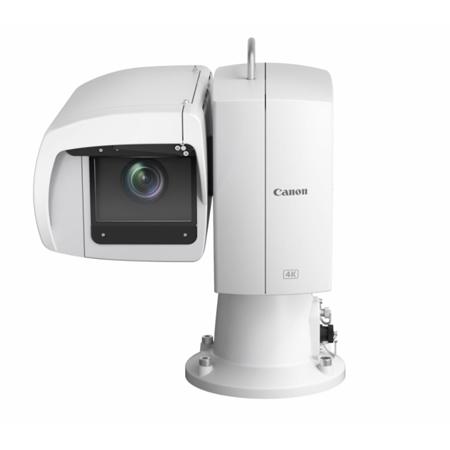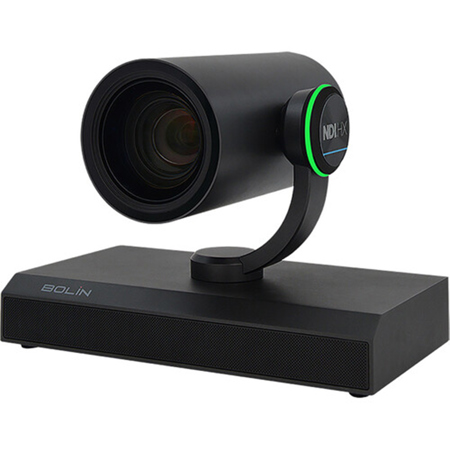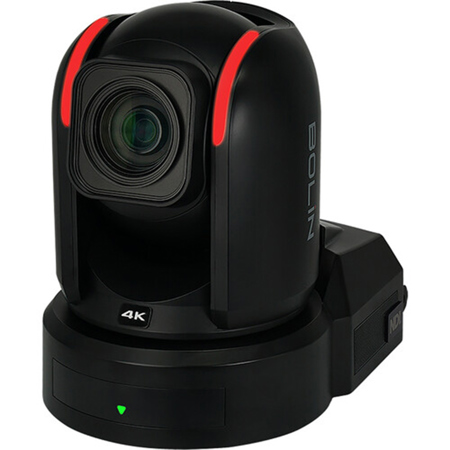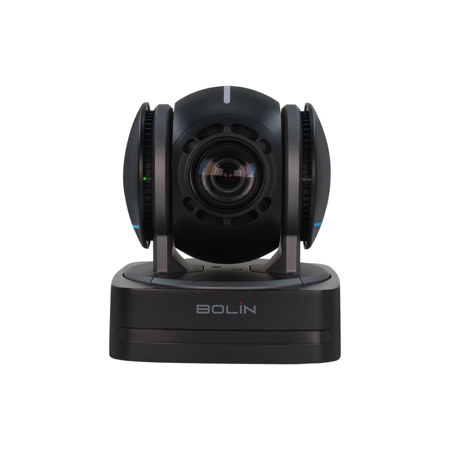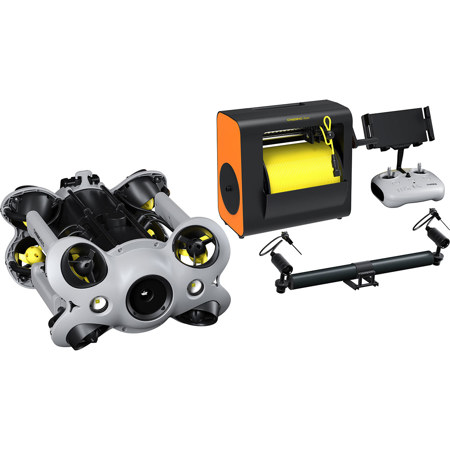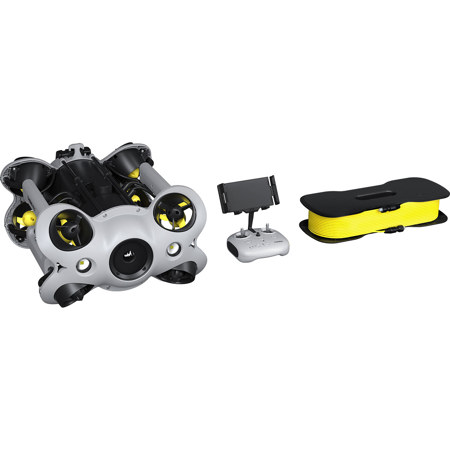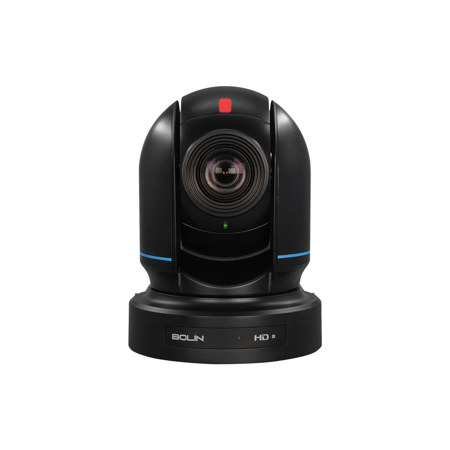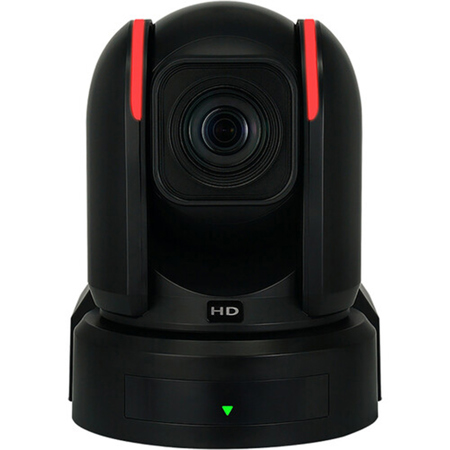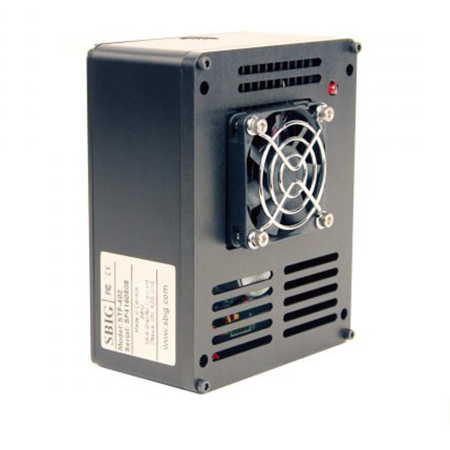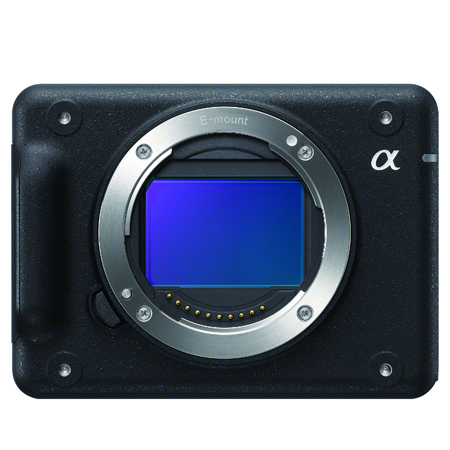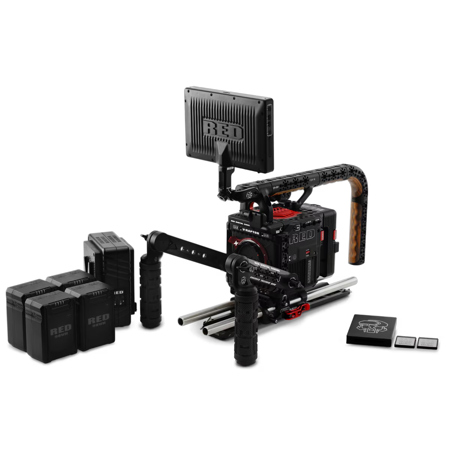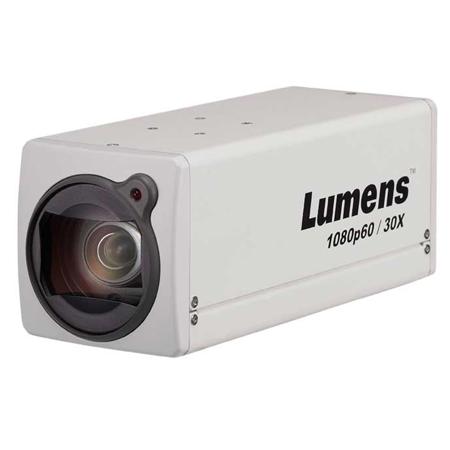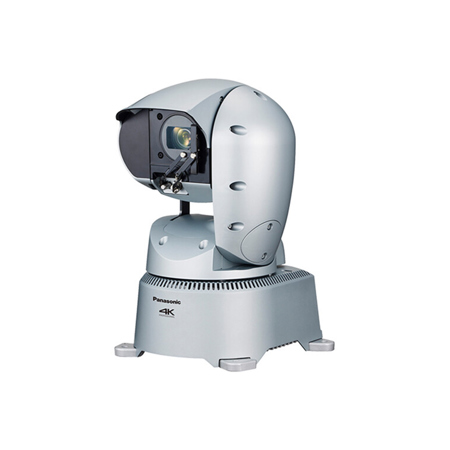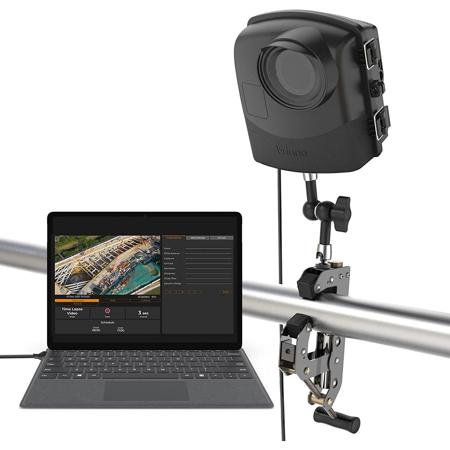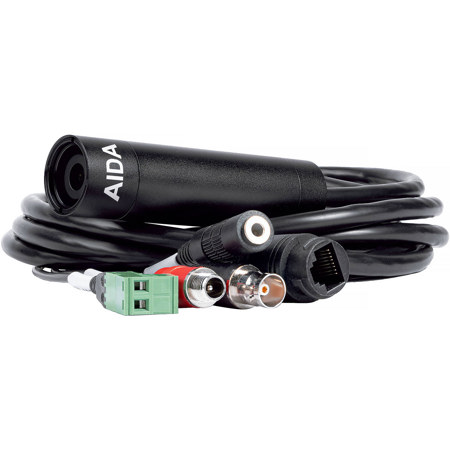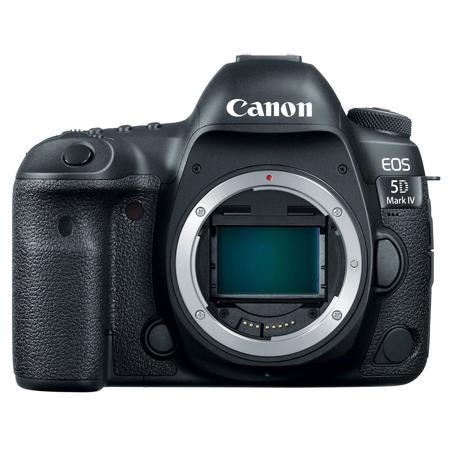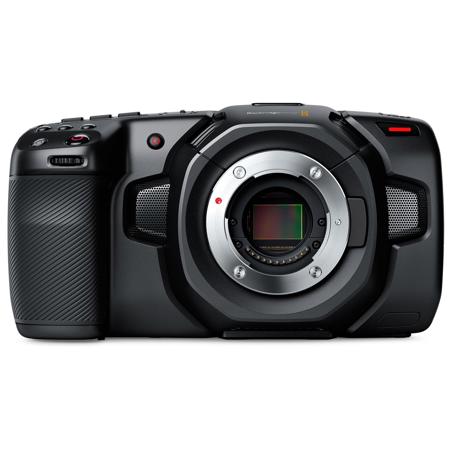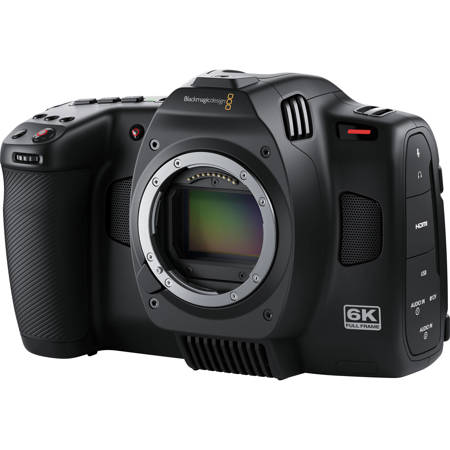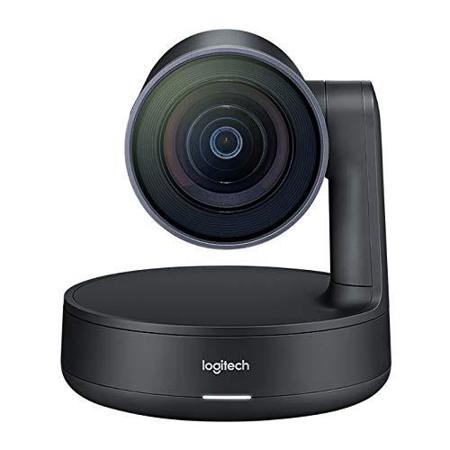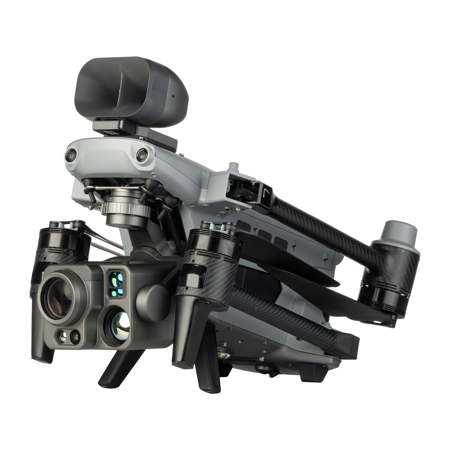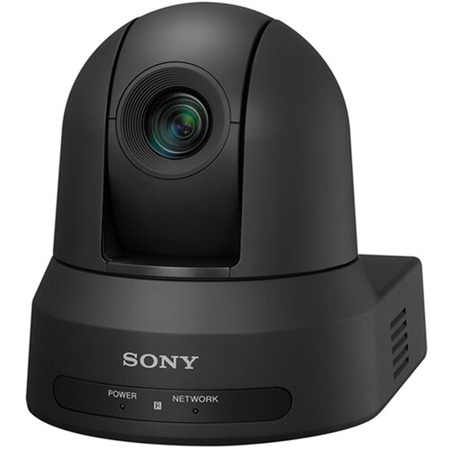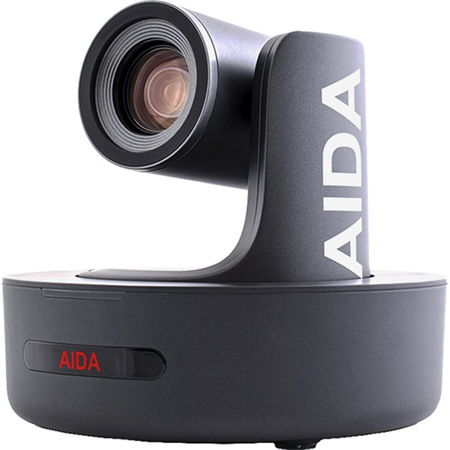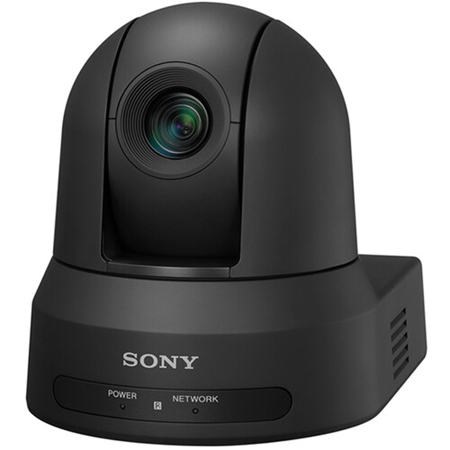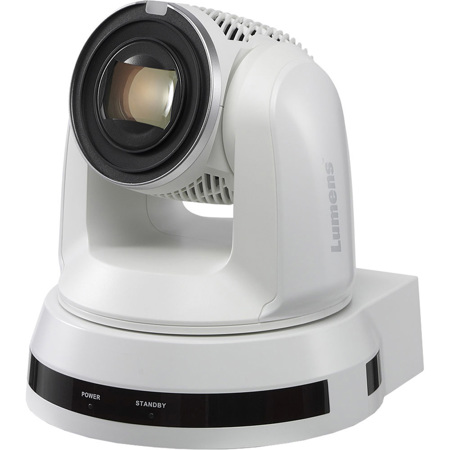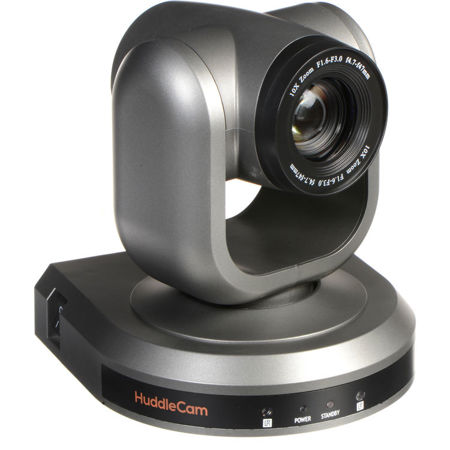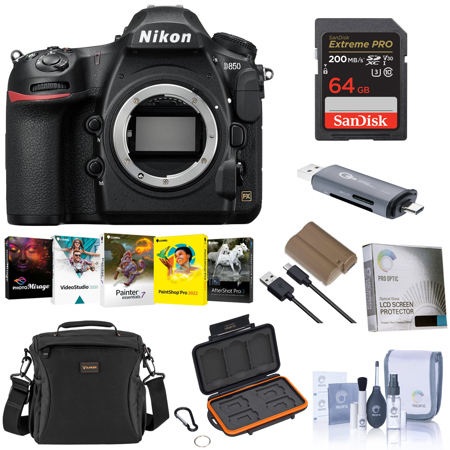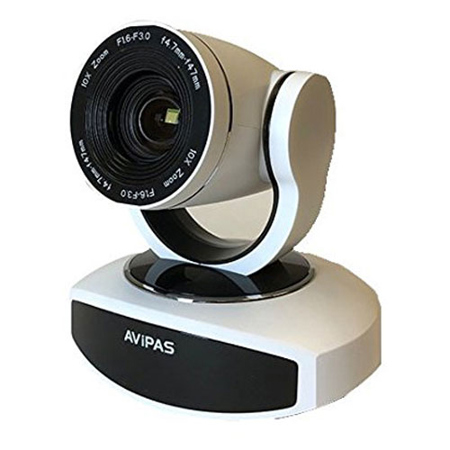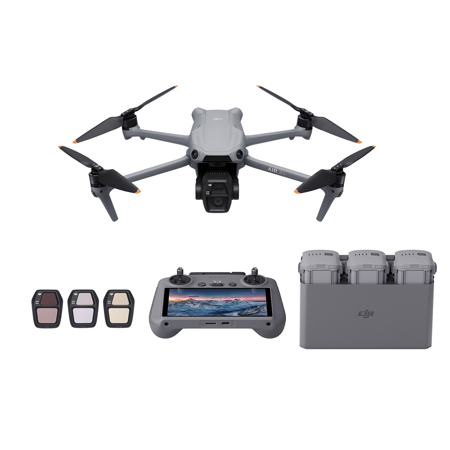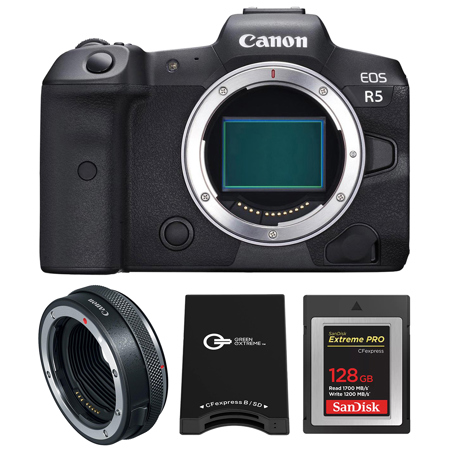Industrial Cameras
Industrial cameras are engineered for precision, durability, and adaptability, making them essential tools across a wide spectrum of industries. Unlike consumer or security cameras, an industrial camera is purpose-built to deliver uncompromising image quality and reliability in challenging environments. These cameras are designed to withstand vibrations, extreme temperatures, dust, and other harsh conditions commonly found in manufacturing plants, assembly lines, and outdoor installations. Key features such as robust housing, advanced CMOS sensors, and support for high-speed interfaces like GigE, USB 3.0, Camera Link, or CoaXPress ensure seamless integration with machine vision systems. Whether deployed for quality control in automotive production, inspection in food processing, or automation in semiconductor manufacturing, a camera for industrial use provides the raw, uncompressed image data and precise triggering capabilities necessary for complex, real-time analysis.
Selecting the right industrial camera involves careful consideration of the application’s specific demands. For tasks that require capturing an entire object or area at once, area scan cameras offer high-resolution imaging ideal for object recognition and defect detection. Line scan cameras, on the other hand, excel in high-speed scanning of moving objects or continuous materials—think of conveyor belts in packaging plants or sheet inspection in textile production. For advanced automation and robotics, 3D industrial imaging cameras provide detailed depth information, enabling accurate measurement and robotic guidance. Seasonal shifts, such as the transition into autumn, can also influence camera selection; for example, increased dust or temperature variation in warehouses and outdoor facilities during September may necessitate more ruggedized models. Integration flexibility is another critical factor, with options ranging from compact cameras for embedded systems to models offering custom hardware and software development to meet specialized requirements.
Industrial cameras are typically acquired by professionals in fields such as manufacturing, research, logistics, and infrastructure, but their utility extends to educational institutions, laboratories, and even creative studios exploring high-speed or scientific imaging. They make thoughtful gifts for engineers, automation specialists, or technicians embarking on new projects, providing the technological edge needed to innovate and excel. The versatility of these cameras is reflected in their adoption across diverse sectors: from ensuring flawless assembly of automotive components to monitoring agricultural yields or supporting smart city infrastructure. For organizations seeking to expand their imaging capabilities, exploring the broader range of Commercial Cameras can offer additional solutions tailored to both industrial and commercial needs. With their unmatched performance, adaptability, and reliability, industrial cameras continue to play a pivotal role in driving efficiency, accuracy, and innovation in today’s most demanding environments.
Selecting the right industrial camera involves careful consideration of the application’s specific demands. For tasks that require capturing an entire object or area at once, area scan cameras offer high-resolution imaging ideal for object recognition and defect detection. Line scan cameras, on the other hand, excel in high-speed scanning of moving objects or continuous materials—think of conveyor belts in packaging plants or sheet inspection in textile production. For advanced automation and robotics, 3D industrial imaging cameras provide detailed depth information, enabling accurate measurement and robotic guidance. Seasonal shifts, such as the transition into autumn, can also influence camera selection; for example, increased dust or temperature variation in warehouses and outdoor facilities during September may necessitate more ruggedized models. Integration flexibility is another critical factor, with options ranging from compact cameras for embedded systems to models offering custom hardware and software development to meet specialized requirements.
Industrial cameras are typically acquired by professionals in fields such as manufacturing, research, logistics, and infrastructure, but their utility extends to educational institutions, laboratories, and even creative studios exploring high-speed or scientific imaging. They make thoughtful gifts for engineers, automation specialists, or technicians embarking on new projects, providing the technological edge needed to innovate and excel. The versatility of these cameras is reflected in their adoption across diverse sectors: from ensuring flawless assembly of automotive components to monitoring agricultural yields or supporting smart city infrastructure. For organizations seeking to expand their imaging capabilities, exploring the broader range of Commercial Cameras can offer additional solutions tailored to both industrial and commercial needs. With their unmatched performance, adaptability, and reliability, industrial cameras continue to play a pivotal role in driving efficiency, accuracy, and innovation in today’s most demanding environments.
